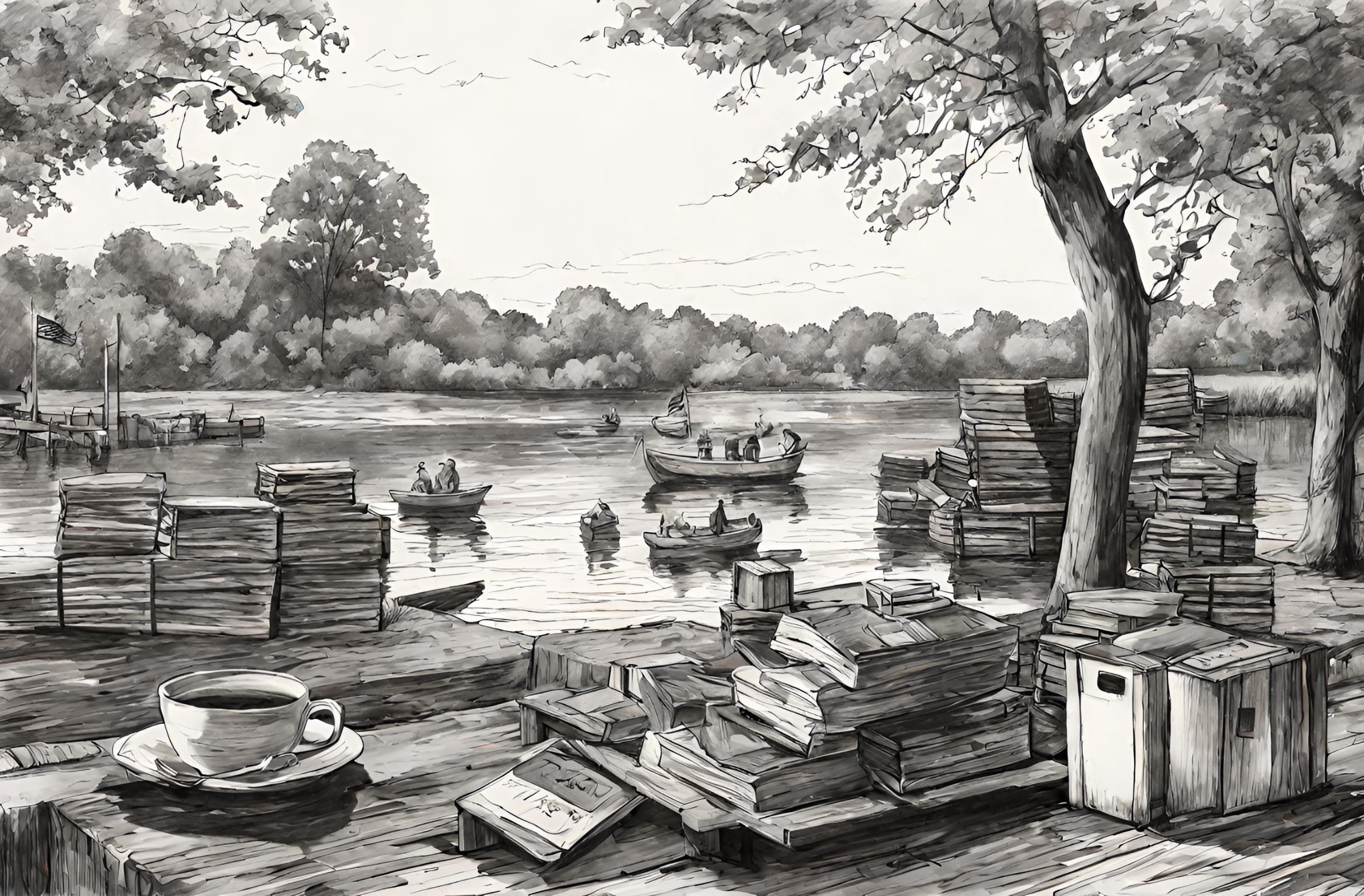Flashback to May 23
American History

1941
Franklin Delano Roosevelt delivers his Four Freedoms Speech in the State of the Union Address.
Read moreFranklin Delano Roosevelt, the 32nd President of the United States, delivered his historic Four Freedoms Speech during his State of the Union Address on January 6, 1941. This groundbreaking speech laid out a vision for a more just and equitable world, outlining four essential freedoms that every person should enjoy: freedom of speech and expression, freedom of worship, freedom from want, and freedom from fear. The Four Freedoms Speech continues to resonate as a significant moment in American history, inspiring generations to strive for a better and more inclusive society.
In the midst of World War II, President Roosevelt addressed the nation, emphasizing the importance of these four fundamental freedoms. He believed that they should be the guiding principles not just for the United States, but for the entire world. The speech aimed to rally support for the United States’ potential involvement in the war, while also asserting America’s commitment to protecting basic human rights.
Freedom of speech and expression, the first of the four freedoms, was particularly important to Roosevelt. He recognized the vital role that open dialogue and the free exchange of ideas played in a healthy democracy. In his speech, he stated, “The first is freedom of speech and expression—everywhere in the world.” This right was crucial in countering the forces of oppression and totalitarianism that threatened peace and democracy.
The second freedom, freedom of worship, highlighted the importance of religious tolerance and acceptance. Roosevelt acknowledged that people from all walks of life should have the freedom to practice their religion without fear of discrimination or persecution. This powerful message resonated with Americans, many of whom were fleeing religious persecution in war-torn Europe.
Freedom from want, the third freedom in Roosevelt’s speech, emphasized the need for economic security and social welfare. Roosevelt envisioned a world where every person had access to adequate food, clothing, and shelter. This freedom meant addressing the root causes of poverty and working towards a society where no one would go hungry or be deprived of basic necessities.
Finally, Roosevelt spoke of freedom from fear, calling for a global effort to abolish aggression and ensure lasting peace. He understood the importance of collective security and the need for nations to unite in the face of common threats. This freedom would require a commitment to disarmament and the establishment of systems that would prevent future conflicts.
The impact of the Four Freedoms Speech was immediate and far-reaching. It resonated with the American public, garnering support for the war effort and highlighting the values that the United States stood for. The speech also had a profound impact on the international stage. It solidified America’s role as a champion of democracy and human rights, inspiring leaders and citizens worldwide to strive for a better future.
In the years following the speech, the ideas of the Four Freedoms became embedded in American culture. Norman Rockwell, a renowned American artist, created a series of paintings depicting each of the freedoms, which were subsequently used as propaganda during the war. These iconic images helped to solidify the Four Freedoms as a symbol of American ideals and aspirations.
The legacy of the Four Freedoms Speech continued long after Roosevelt’s presidency. The ideas it presented laid the groundwork for the Universal Declaration of Human Rights adopted by the United Nations in 1948. The speech also influenced subsequent presidents and leaders who sought to promote freedom and justice around the world.
Franklin Delano Roosevelt’s Four Freedoms Speech delivered during his State of the Union Address on January 6, 1941, remains a pivotal moment in American history. The speech outlined four essential freedoms – freedom of speech and expression, freedom of worship, freedom from want, and freedom from fear – that continue to inspire generations. Roosevelt’s vision for a more just and equitable world resonated with the American public and influenced the course of history, shaping American values and ideals both at home and abroad.
We strive for accuracy. If you see something that doesn't look right, click here to contact us!
Sponsored Content

Chestertown tea party occurs…
On May 23, 1774,…

NASA launches Intelsat V.
On May 23, 1981,…

Grand Review begins in…
On May 23, 1865,…

Lucas Pieter Roodbaard architect,…
Lucas Pieter Roodbaard, a…

